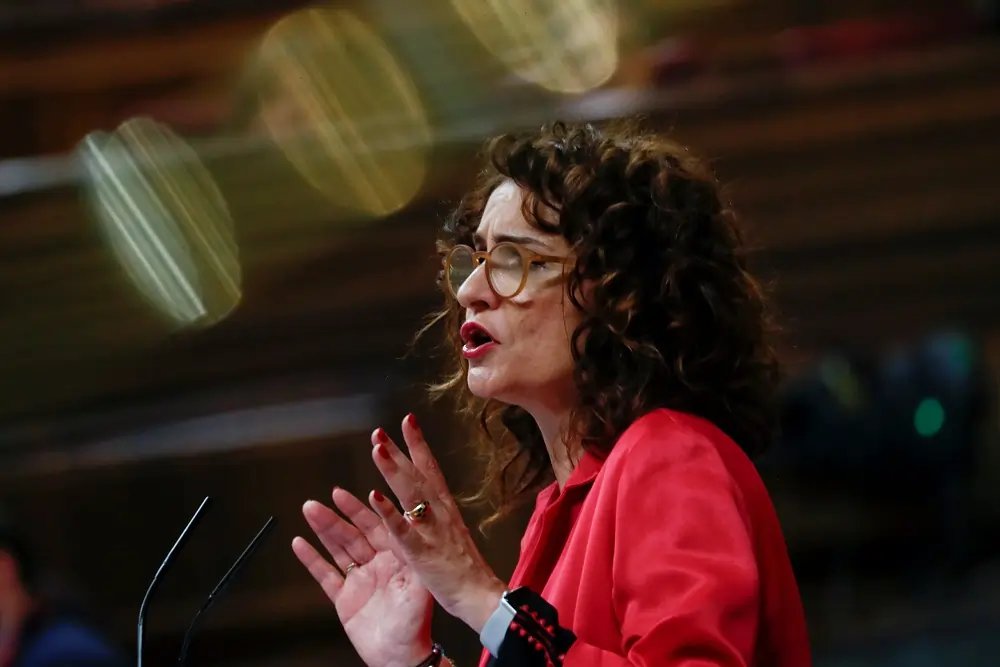Spain’s utilities tax suffers defeat in parliament
Published by Jessica Weisman-Pitts
Posted on December 19, 2024
2 min readLast updated: January 28, 2026

Published by Jessica Weisman-Pitts
Posted on December 19, 2024
2 min readLast updated: January 28, 2026

MADRID (Reuters) – Spanish lawmakers on Thursday voted to eliminate a temporary tax on energy companies in a setback for the minority government that still plans to reimpose the levy by decree, according to the budget minister.
MADRID (Reuters) – Spanish lawmakers on Thursday voted to eliminate a temporary tax on energy companies in a setback for the minority government that still plans to reimpose the levy by decree, according to the budget minister.
The tax, of 1.2% for companies with a turnover of at least 1 billion euros, is one of the hurdles the government needs to clear before it can start negotiating a much-delayed budget bill for next year, but its partners to the left and right are at odds on the issue.
“We will approve (a decree imposing the tax) on Monday at the last cabinet meeting of the year,” Budget Minister Maria Jesus Montero told reporters, adding that it was needed to achieve a wider agreement on fiscal reform and the budget.
The decree would enter into force from Jan. 1, but will need to be confirmed by parliament at a later date in order to remain valid, which may be difficult to achieve.
Catalan separatist party Junts and Basque nationalists PNV have argued that such a levy would impact investments. On Thursday, they joined the conservative opposition People’s Party in an amendment to end the tax, a largely symbolic gesture as the current levy only lasted until the end of the year.
Left-wing Podemos said extending the tax and making it permanent is key for them to start budget negotiations, while Basque leftist party Bildu said the government had agreed with them and other leftist parties to extend the levy.
Utilities have warned that extending the tax would jeopardise 30 billion euros ($31.6 billion) in renewable energy investments.
The government had pledged to work on a permanent windfall tax or at least extend the temporary one by another year in exchange for Podemos support for a wider tax plan approved last month.
The temporary tax was created in 2022 and aimed at easing cost of living pressures for ordinary Spaniards as banks benefited from high interest rates and energy firms gained from a surge in energy prices following the war in Ukraine.
(Reporting by Andrei Khalip and Emma Pinedo; Editing by Keith Weir)
A temporary tax is a tax that is imposed for a limited period of time, often to address specific financial needs or economic conditions.
Renewable energy investment involves allocating funds to projects that generate energy from renewable sources, such as solar, wind, or hydroelectric power.
Explore more articles in the Top Stories category











